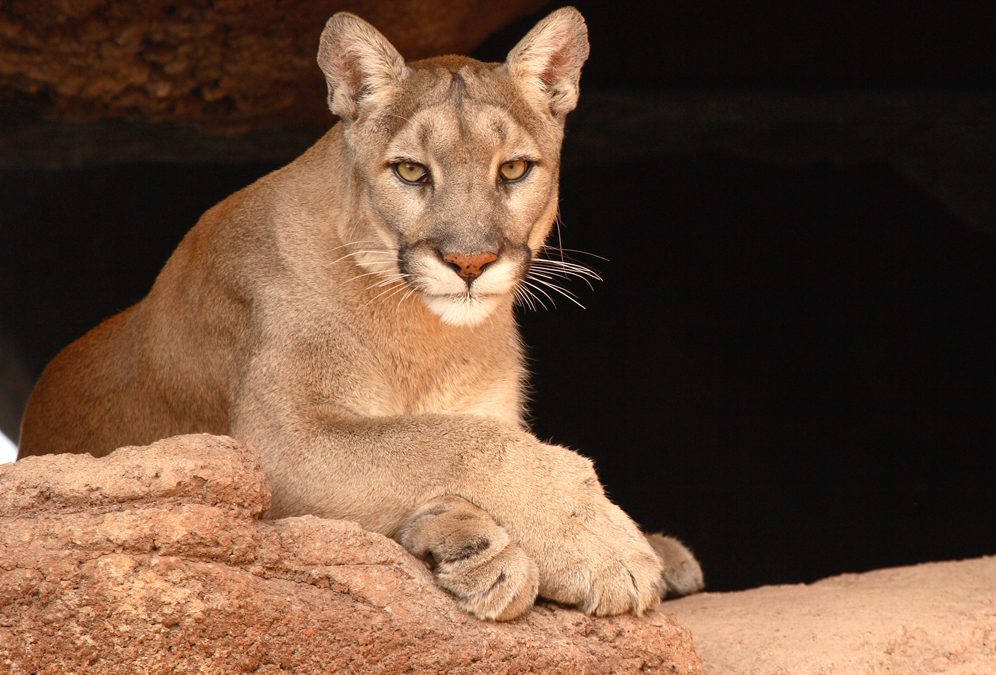An animal-welfare group is working to end big cat hunting in Arizona via a special ballot initiative in next year’s elections. Arizonans for Wildlife has until July 5, 2018, to collect 150,642 signatures for the measure to appear on the ballot, which could negatively affect predators, prey species, and those who hunt both.
Arizonans for Wildlife is backed by the Humane Society of the United States, the Sierra Club, and the Center for Biological Diversity, all of which classify predator management as “trophy hunting.” If successful, the ballot initiative would ban steel leg-hold traps, packs of hunting dogs, and other common cat-hunting methods from being used. Sport hunting would be done away with, but special measures would be in place if a cat threatened the safety of people or livestock.
“It really is for their heads or to be stuffed. It is simply a trophy,” Kellye Pinkleton, campaign director for Arizonans for Wildlife and the Arizona director for HSUS, told The Republic.
Bobcats are common throughout Arizona, while mountain lions, which have historically suffered from low populations, are rebounding across the state. The Arizona Game and Fish Department said cougars are not an “endangered, threatened, or sensitive species in Arizona.”
“An independent scientific organization, the International Union of Conservation in Nature, documents that mountain lion populations are expanding in North America and are listed as a species of ‘Least Concern,’ a ranking that supports that mountain lions are not at risk in any fashion,” the department says. “In Arizona, mountain lions are expanding into regions where they were once rare, supporting the fact that in this state mountain lions are following the continental pattern of expanding.”
At least four species of big cats are known to exist in Arizona. Bobcats and mountain lions are currently legal for hunting, but jaguars and ocelots are already off limits under federal endangered species protections. Jaguarundi, or eyra cats, are thought to cross into the state from southern Texas, but these relatively common reports are still unconfirmed. Therefore, any bans on hunting would only affect bobcats and mountain lions, which are not in danger of extirpation or extinction.
“They’re trying to find a solution to a problem that doesn’t exist,” Jim Unmacht, executive director of Arizona Sportsmen for Wildlife Conservation, told U.S. News. “We are going to mobilize and do what we can do to fight it.”
Pinkleton told The Republic that eliminating the hunting of big cats would not affect the hunting of species like deer and elk “for subsistence,” but recreational sport hunting could suffer as a result of unchecked predator populations. Experts with the Mountain Lion Foundation put the predation of a mountain lion at one deer every three to 16 days, depending on various factors, and bobcats can prey on everything from moles to elk calves.
Keep an eye on next year’s ballot if you’re registered to vote in Arizona!
Photo: gatito33/iStock

